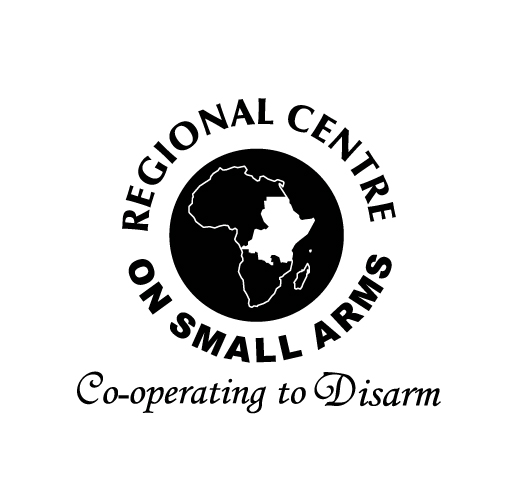Mitigating the Impact of IEDs Along Kenya’s Borders Through Awareness Training
In Kenya, according to several media reports, it is estimated that 100 security officers and twice as many civilians have lost their lives to improvised explosive devices (IEDs). Most of these incidents have taken place close to the Kenya-Somalia border areas with IEDs set on or close to roads. The use and frequency of IEDs remain prevalent as they are considered a ‘weapon of choice’ by terrorist groups such as al-Shabaab and also criminal elements.
The threat of IEDs is a serious global challenge that has an impact on security, safety and development. Thus, IEDs continue to pose a critical security challenge not only in Kenya but a huge menace across the Horn of Africa. Further, the IED threat is compounded by the ease of acquiring materials to construct the explosives, transporting and use, particularly with criminal groups capacity to locally assemble such devices.
Building Security Officers’ Capacity to Counter IEDs
To counter IEDs and reduce their impact, an effective multifaceted and collaborative approach is needed. It’s also imperative that stakeholders within the security sector, particularly those in the field of small arms controls, devise new and improved counter-IED measures to keep up to speed with criminal groups that have proven their resilience through their innovative ways of planning and launching IED attacks.

In efforts to build the capacity of the Border Police Unit to mitigate and counter the threats of IEDs, the Regional Centre on Small Arms (RECSA) in partnership with The HALO Trust (HALO) in collaboration with the Administration Police’s Border Police Unit (Kenya) organized a week training on IED Awareness. 30 participants drawn from different units within the Administration Police received skills and knowledge on IED awareness. This is part of RECSA/HALO Trust interventions geared towards building the capacity of security officers to better respond to threats posed by IEDs, particularly along high-risk border areas.

The IED Awareness Training was made possible thanks to financial support from the US State Department’s Bureau of Political-Military Affairs (PM/WRA) through the Regional Weapons and Ammunition Management (WAM) Project implemented in partnership with HALO.

